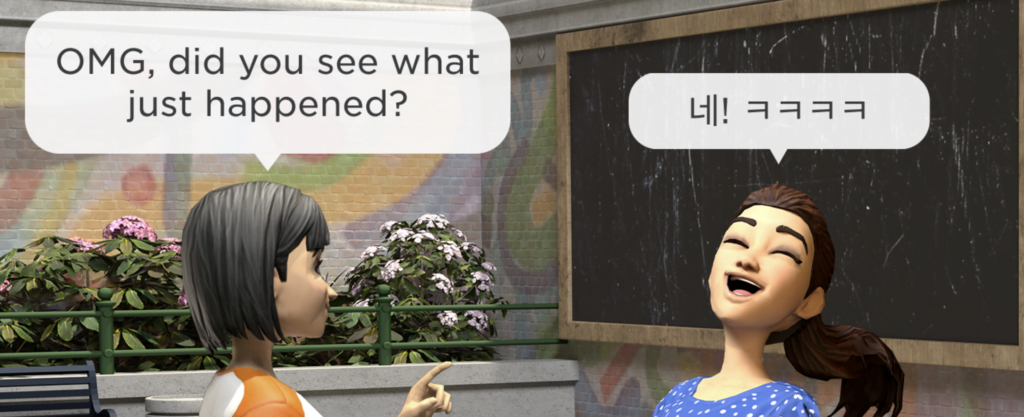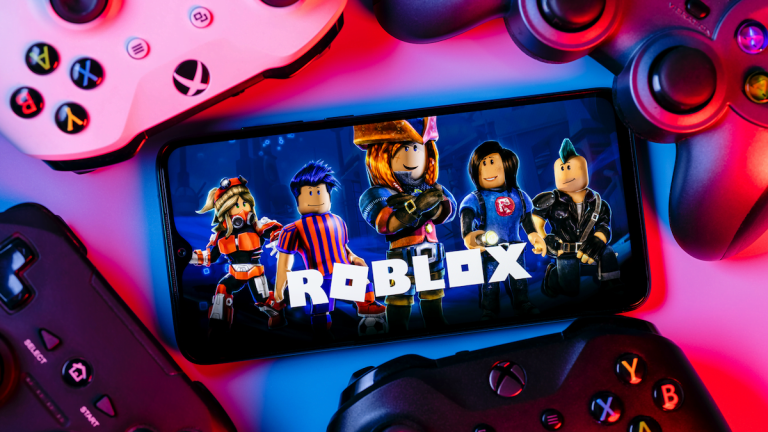Every day, millions of players worldwide come together on Roblox to play and create games. With over 70 million daily active users, it’s truly a global community. However, language barriers have always been a challenge for players trying to connect with others who speak different languages. But Roblox has recently made a game-changing move to break down these barriers by introducing an AI-enabled real-time translation system for its Metaverse.
Roblox AI Technology
In a blog post, Chief Technology Officer Daniel Sturman explained how the platform developed an in-house large language model (LLM) specifically for this purpose. This “unified translation model” boasts an impressive base latency of 100 milliseconds, allowing for near-instantaneous translation of text messages.
Moreover, this system can translate between 16 languages, including English, Chinese, French, and German. This advancement builds on Roblox’s existing use of AI for translating static content within the game and takes it a step further by extending it to real-time chat.

Challenges and Solutions
The development of this AI-enabled translation system was a challenging feat. Sturman highlighted two major obstacles that the team faced. The first challenge was creating a system that could translate between any pair of the 16 supported languages, not just simple one-to-one translations. The second challenge involved the speed of translation, which had to happen quickly enough to facilitate real-time conversations.
To tackle these challenges, the Roblox team developed a context-aware model that can recognize specific terminology, slang, and abbreviations used within the platform. This means that players speaking different languages can interact without any language constraints. Additionally, Roblox employed back translation techniques for less common language pairs with limited high-quality data.
Using this method, the system translates content back to the source language and compares it for accuracy. This data is then combined with supervised data to enhance the model’s learning process.
Roblox started its pioneering project by developing a sophisticated language model, trained using a mix of publicly available and internal data. This model was integrated into a system known as a mixture of experts (MoE), which supported several language translation apps, each an expert in its own language. This approach helped Roblox save resources by avoiding the need to create separate language models for each language.
The introduction of this AI-enabled real-time translation system aims to create a more inclusive and connected gaming community on Roblox. It allows players worldwide to communicate and play together without language barriers.
Overcoming language barriers is key to connecting everyone in the Metaverse. This means making translation a major focus. The metaverse will have to deal with a wide range of communication needs, from casual conversations to formal negotiations involving businesses and governments.
Sturman finished by saying, “We are already exploring exciting new frontiers, including automatic voice chat translations. Imagine a French speaker on Roblox being able to voice chat with someone who only speaks Russian. Both could speak to and understand one another, right down to the tone, rhythm, and emotion of their voice, in their own language, and at low latency. While this may sound like science fiction today, and it will take some time to achieve, we will continue to push forward on translation.”
Main Image Credit: Depositphotos



